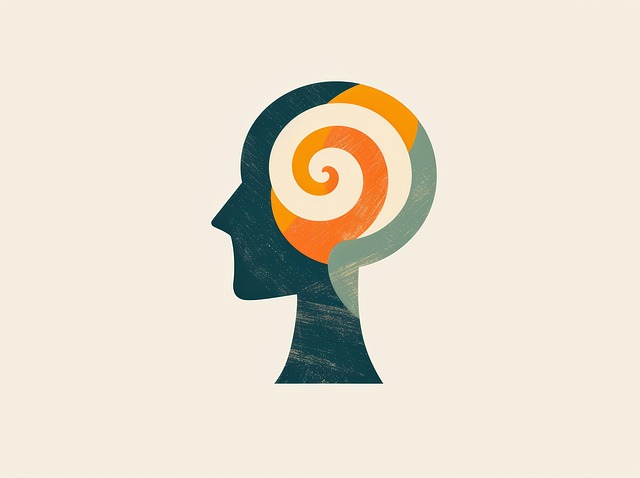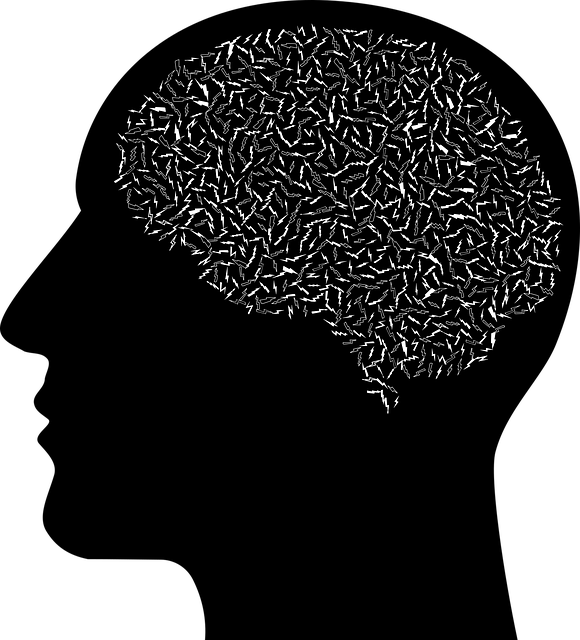Risk management is paramount in mental health care, focusing on patient and practitioner safety through identifying and assessing risks like self-harm or traumatic disclosures during therapy. Centennial Independent Medical Evaluations play a key role by providing unbiased assessments to inform personalized treatment plans. Effective risk management fosters trust, open communication, and a supportive environment. Regular reviews and updates are essential due to the dynamic nature of mental health. Integrating Centennial Independent Medical Evaluations alongside Compassion Cultivation Practices, Mindfulness Meditation, and Confidence Boosting techniques ensures professionals can handle challenges with empathy and resilience, ultimately enhancing therapy outcomes.
In the demanding field of mental health care, effective risk management is paramount to ensuring patient safety and fostering therapeutic environments. This article guides mental health professionals through essential strategies to navigate potential risks and hazards, offering a structured approach with practical insights. From identifying common challenges like confidentiality breaches to developing robust plans for crisis intervention, we explore key components for safe practice. Learn how Centennial Independent Medical Evaluations can enhance therapy by integrating evidence-based risk management techniques for optimal patient outcomes.
- Understanding Risk Management in Mental Health Care
- Identifying Potential Risks and Hazards
- Developing a Comprehensive Risk Management Plan
- Implementing and Monitoring Strategies for Safe Practice
Understanding Risk Management in Mental Health Care

Risk management is an integral part of mental health care, ensuring the safety and well-being of both patients and professionals. For mental health practitioners, understanding risk can mean the difference between a successful therapeutic journey and potential harm. It involves identifying and assessing various risks that may arise during therapy sessions, such as patient self-harm, suicide ideation, or disclosure of traumatic events. By implementing effective risk management strategies, mental health professionals can create a supportive environment fostering trust and open communication.
Centennial Independent Medical Evaluations play a crucial role in this process, offering unbiased assessments to inform treatment plans. These evaluations help therapists identify patients’ unique needs and risks, guiding them in tailoring therapy accordingly. Moreover, incorporating Compassion Cultivation Practices, Mindfulness Meditation, and Confidence Boosting techniques can empower professionals to manage challenging situations with empathy and resilience. Such tools enable mental health care providers to navigate complex cases while prioritizing patient safety and well-being.
Identifying Potential Risks and Hazards

Identifying Potential Risks and Hazards is a critical step in Risk Management planning for mental health professionals. This process involves a thorough assessment of various factors within the therapeutic environment that could pose risks to both clients and practitioners. Mental health professionals must be vigilant in recognizing potential hazards, including but not limited to, emotional triggers, sensitive case histories, and even environmental stressors such as noise levels or lighting in therapy rooms. For instance, Centennial Independent Medical Evaluations (CIME) can play a crucial role in identifying mental illness stigma reduction efforts by providing unbiased assessments that support evidence-based treatment approaches.
Additionally, the dynamic nature of mental health means that risks can evolve over time. Therefore, regular reviews and updates to risk management plans are essential. By staying proactive and addressing these factors, professionals can foster a safer, more supportive environment for therapy. Enhancing Mental Health Awareness through open dialogue about anxiety relief strategies and promoting understanding of various mental health conditions further mitigates risks, ensuring clients receive the compassionate care they deserve.
Developing a Comprehensive Risk Management Plan

Developing a comprehensive risk management plan is an indispensable step for mental health professionals to safeguard their practice and clients. This involves identifying potential risks associated with therapy sessions, patient interactions, and the broader healthcare landscape. Centennial Independent Medical Evaluations (CIME) plays a crucial role in this process by providing specialized services that assess and mitigate these risks, ensuring a safe therapeutic environment.
A well-designed plan should encompass various aspects such as risk assessment strategies, crisis management protocols, and ongoing monitoring mechanisms. By integrating Mental Health Education Programs focused on Stress Management and Positive Thinking, professionals can enhance their resilience to stress and better navigate challenging situations. This proactive approach not only protects the practitioner but also fosters a supportive and beneficial therapeutic relationship with clients.
Implementing and Monitoring Strategies for Safe Practice

Implementing strategies for safe practice is paramount for mental health professionals to ensure patient well-being and maintain ethical standards. This involves a multi-faceted approach, beginning with comprehensive risk assessment tools that identify potential hazards within diverse therapeutic settings. For instance, Centennial Independent Medical Evaluations can play a crucial role in gauging the suitability of treatment plans and assessing the risks associated with specific therapies. Regularly reviewing and updating these evaluations ensures that practices remain current and aligned with best practices.
Monitoring strategies are equally vital to detect emerging issues and ensure continuous improvement. This includes implementing robust self-care routine development programs for professionals, fostering a culture of open communication, and integrating trauma support services where needed. Mental health policy analysis and advocacy also contribute to creating a supportive environment by shaping regulations that prioritize both patient safety and the well-being of healthcare providers.
Mental health professionals must proactively manage risks to ensure safe and effective practice. By understanding the unique risks within this field, identifying potential hazards, and developing a comprehensive risk management plan, therapists can create a protective environment for both clients and themselves. Implementing evidence-based strategies, such as Centennial Independent Medical Evaluations, allows professionals to monitor and mitigate risks, fostering a culture of safety. Through these proactive measures, mental health care providers can enhance client outcomes and maintain ethical standards in their practice.














